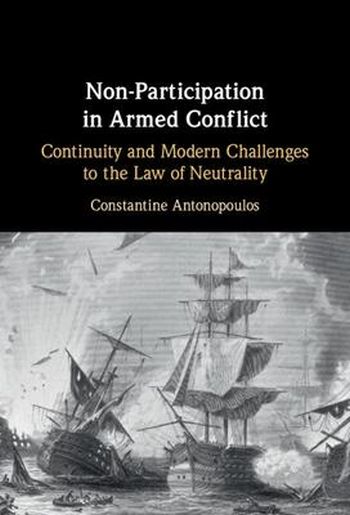
Non participation in armed conflict gives rise to the relevance, role and content of the law of neutrality in contemporary international law. Despite scholarly opinion to the contrary the challenges posed by collective security and the prohibition of the use of force have not made neutrality obsolete. The validity of the law of neutrality is reaffirmed in State practice, mainly in the form of national military manuals, and the case-law of international tribunals. The legal framework of neutrality remains unchanged with respect to most rules. At the same time, it has been adapted to the evolution of the law of the sea as a result of the 1982 UN Law of the Sea Convention, the globalization of trade and the use of cyberspace in armed conflict. This has been achieved mainly through soft law documents and national military manuals. Neutrality, however, remains inapplicable in non-international armed conflict.